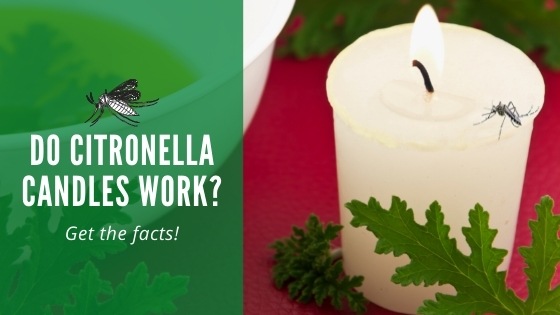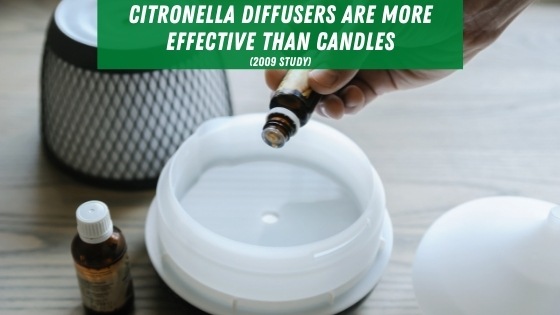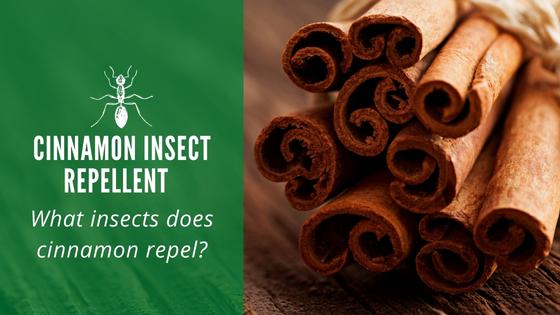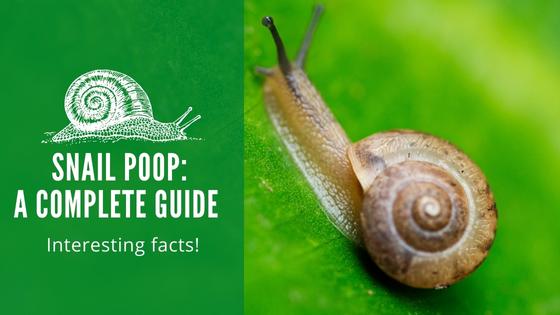Do Citronella Candles Work?

Mosquitoes are a summer nuisance that can ruin an enjoyable evening. They are also known to carry diseases. Citronella candles are advertised as a way to keep these pests away, but do citronella candles really work, or are they just hype? Let’s take a look at the evidence.
How Are Citronella Candles Made?
One reason why citronella is such a popular way to repel insects is that it is a naturally occurring substance found in plants. Many people want to avoid chemicals, like DEET, and use something more natural. Citronella is found in a plant, but there is some confusion to clear up first before you head out to your local garden center.
You can find a plant that is commonly called a “Citronella Plant” or “Mosquito Plant.” This plant is a scented geranium known by the Latin name Pelargonium’ Citronella’, which is not related to the plant used to make citronella oil. The plant used to make citronella oil is an Asian grass known as Cymbopogon nardus (aka lemongrass). The scent of citronella geranium is similar to citronella grass when the leaves are crushed or rubbed, but they are not the same.
Studies have shown that citronella geranium is not effective for repelling mosquitoes. The oil of citronella grass is what is used to make citronella oil for candles. The oil is extracted from the leaves of the grass. Steam distillation using an apparatus for extracting essential oils is the most common way to gather the oil from the leaves.
Once the oil has been extracted from the leaves, it is added to candle wax. Candles are made by melting the wax, pouring it into a mold, and inserting a wick. When the candle is cool, the wax will harden, and it is ready to use.
Do Citronella Candles Actually Repel Mosquitoes?
The answer to this question is not as easy as it would seem. First, let’s start by stating that planting citronella grass in your garden will not repel mosquitoes. The oil must be extracted for it to work. Because mosquitoes carry disease, clinical studies have examined ways to eliminate mosquitoes, including citronella oil made from the grass.
A study was conducted by the Journal of Vector Ecology that compared candles containing citronella, linalool, and geraniol with 5% of the active ingredient and diffusers of the oils. The study found that citronella candles were only 14% effective at repelling mosquitoes, while citronella diffusers were 68% effective. The diffusers contained 100% oil. The study found that diffusers placed 19 feet from mosquito traps were 22% effective at repelling female mosquitoes.

These studies tell us that the concentration of citronella is an important factor in how well the product works to repel mosquitoes. This means that some candles might be more effective than others, depending on the amount and quality of oil in them. Field studies show a reduction in biting of about 50% when using citronella oil on the skin. Similar to the candle studies, this was found to lower the number of bites but not prevent them altogether.
Citronella is a volatile oil, which means that it evaporates into the air. This means that older candles might have lost their potency. Studies show that they are slightly effective, but they will not prevent 100% of mosquito bites. Also, how close you are sitting to the candle might make a difference.
Do Citronella Candles Work on Flies & Wasps?
Citronella has also been reported to repel flies and wasps. Many people think that citronella is a scent that mosquitoes, flies, and wasps do not like, but that is not the case. The reason why citronella works are that it masks the target, you, by covering the scent. It also works the same way for repelling flies, wasps, bees, and other flying insects. It is like putting a scent in a room that is so heavy they cannot smell the food.
Citronella candles have been reported to be effective against flies and wasps, but only if the candle was placed close to the food source that is attracting them. It is not always 100% effective, and the quality of the candle makes a difference.
What Other Scents to Mosquitoes Hate?
There are no known scents that mosquitoes “hate,” but other oils effectively cover up the scent that attracts them. The Journal of Vector Ecology study cited earlier found that the most effective oil against mosquitoes was linalool oil from the lemon bush. This one was effective for up to eight hours in a laboratory study. Other plant compounds that were found to be an effective protection for various lengths of time include:
- Eucalyptus
- Clove oil
- Basil oil
- Kaffir Lime oil
- Mugwort oil
- Neem oil
- Rose geranium oil
- Lemongrass oil
- Palmarosa oil
- Thyme oil
- Peppermint oil
- Japanese mint oil
As you can see, many compounds effectively mask your scent so that mosquitoes cannot find you. If you plan to use these oils on your skin, it is important to make sure they are safe, and you need to make sure that you purchase food-grade oils. All of these oils were found to be effective for different time frames. The main difference in the length of time before they need to be reapplied is the rate of evaporation of the oil.
In answer to the question, Do citronella candles repel mosquitoes, the answer is yes, but with a few caveats. The first is that they are only partially effective, and the quality and amount of oil in the candle affect it. Also, you need to be close to the candle for it to work. Citronella candles did reduce the number of bites, but they did not prevent them completely.
Other oils have been found to be as effective, if not more so, in clinical studies if you are looking to avoid chemicals such as DEET.
If your mosquito problem is completely out of control, it is important that you get in touch with a Mosquito control professional as soon as possible.
Sources:
https://www.gardeningchannel.com/citronella-plant-vs-citronella-grass/
https://www.ncbi.nlm.nih.gov/pmc/articles/PMC3059459/



